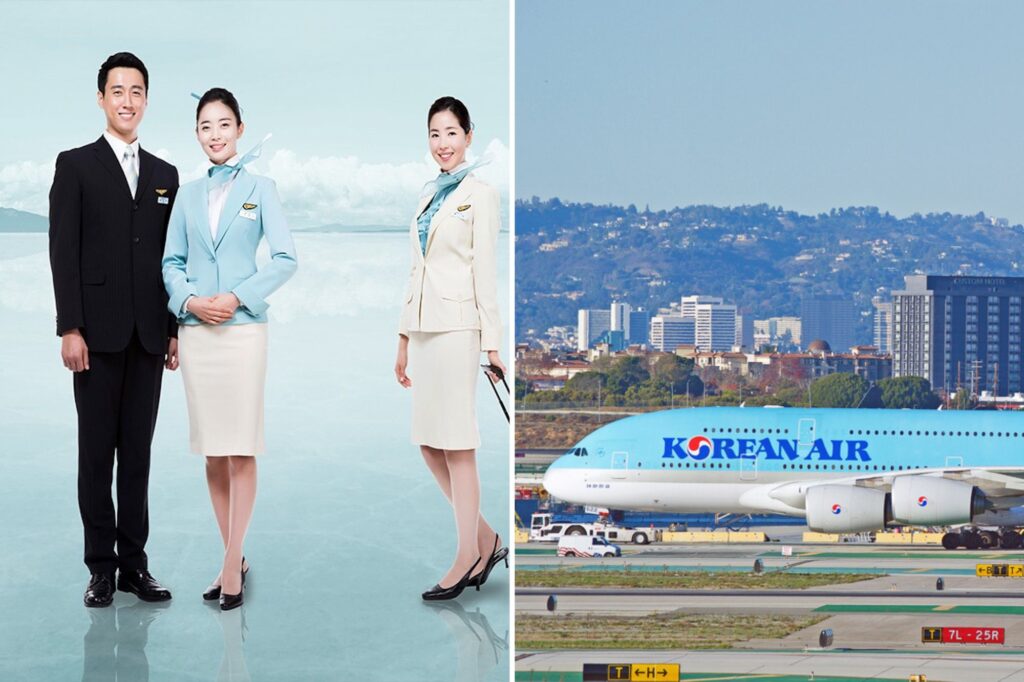A Korean Air flight attendant’s death from cancer was found by South Korea’s labor panel to be directly linked to radiation exposure from his work.
The Korea Workers’ Compensation and Welfare Service determined that the death of a 53-year old male flight attendant was caused by cosmic radiation during his time spent flying with Korean Air. The flight attendant, identified as Song by the English Chosun, was diagnosed with late stage stomach cancer in April 2021.
Song worked as a flight attendant from 1995-2021. In those 25 years, he spent nearly 1,022 hours on board a plane each year.
Approximately half of Song’s flight hours were on long-haul routes to North America and Europe, which pass through the Arctic where there is a higher exposure compared to other routes.
The International Atomic Energy Agency (IAEA), recognized the concentration of radioactivity in the Arctic region. The agency said that this is due to the high number of nuclear sources in parts of the Arctic and the vulnerability of Arctic systems to radioactive contamination.
A report by Channel News Asia (CNA) said that Korean Air denied any wrongdoing in Song’s cancer and eventual death.
“Korean Air strictly manages individual data, and crew members can check their accumulated amount of cosmic radiation exposure, which is updated on a monthly basis,” the airline said in a statement issued to CNA.
The IAEA found that aircrew and frequent flyers receive higher radiation doses from cosmic radiation than the general public. A report by The Korea Times said that according to the Nuclear Safety and Security Commission, flight attendants were exposed to an average maximum radiation level of 5.42 millisieverts (mSv) per year between 2017 and 2021, a figure more than five times higher than the normal permissible level of 1 mSv.

